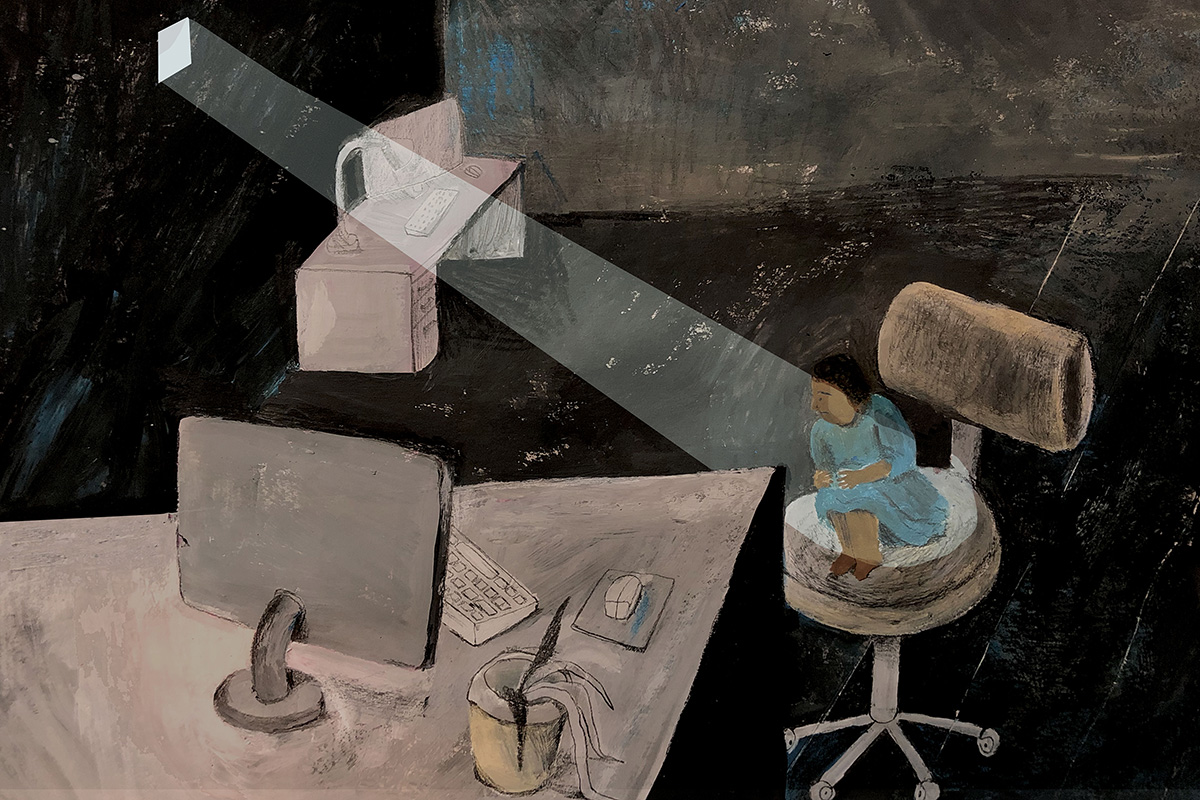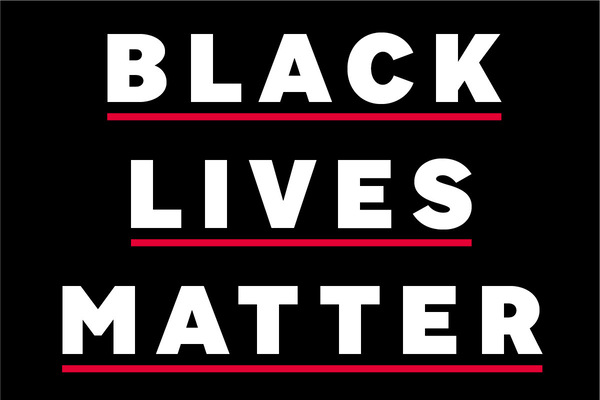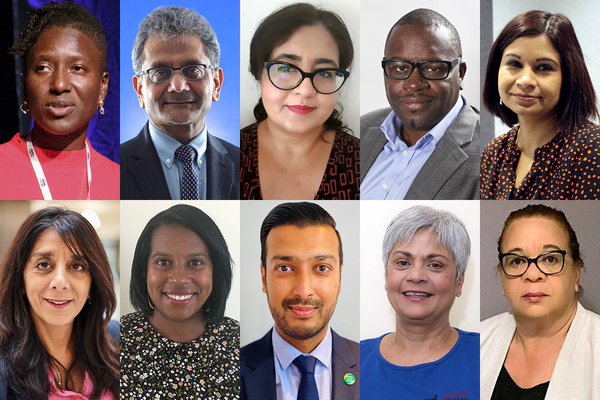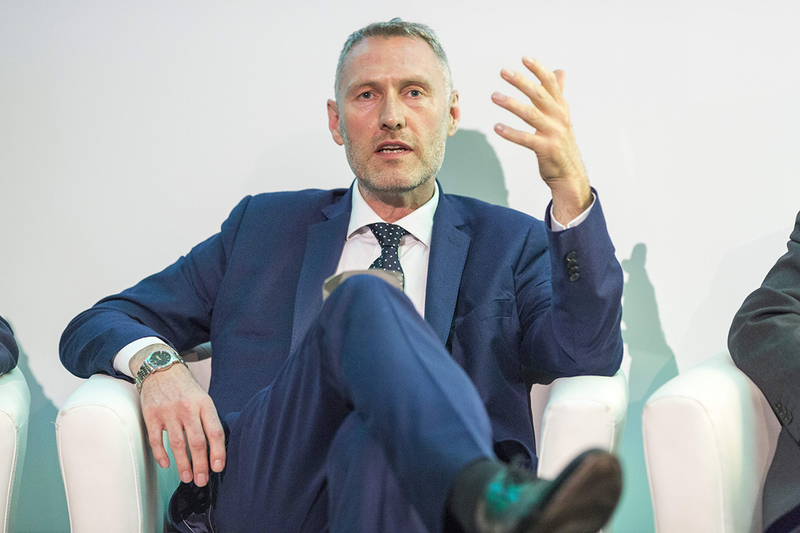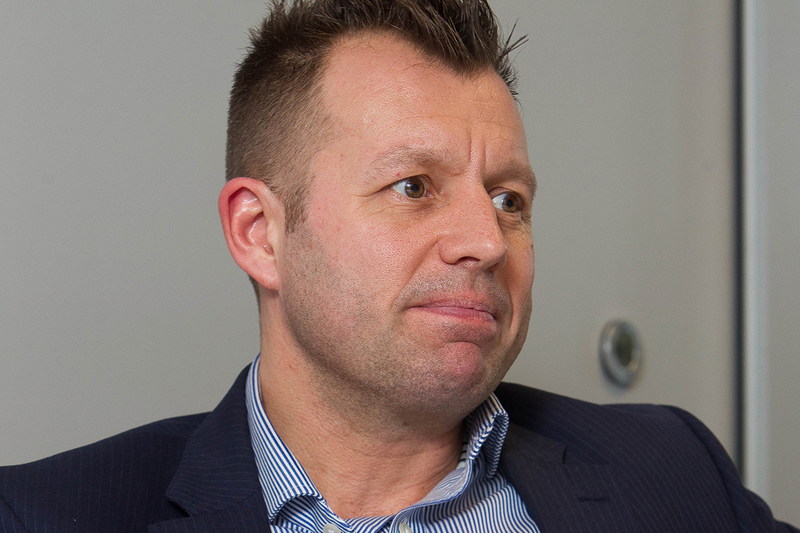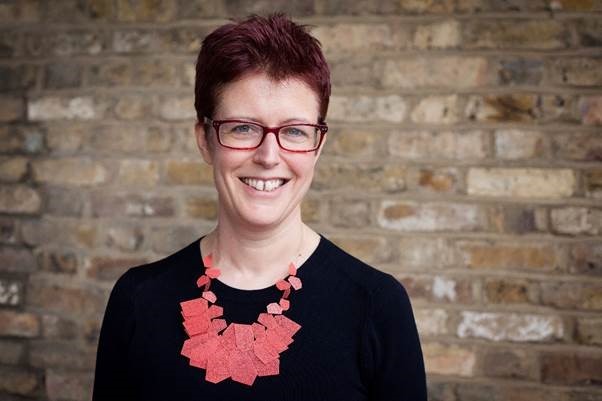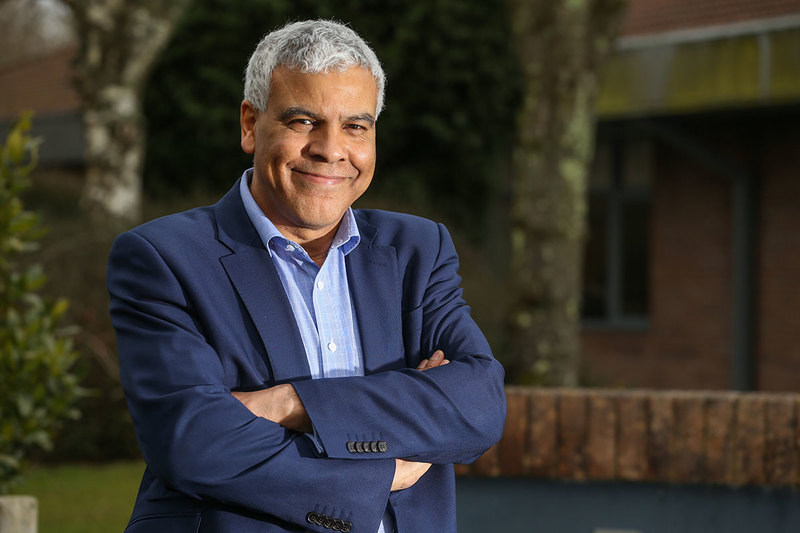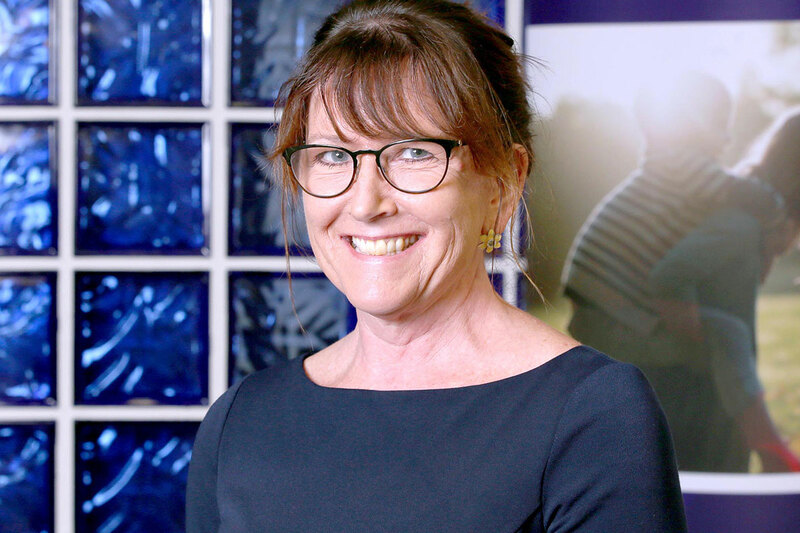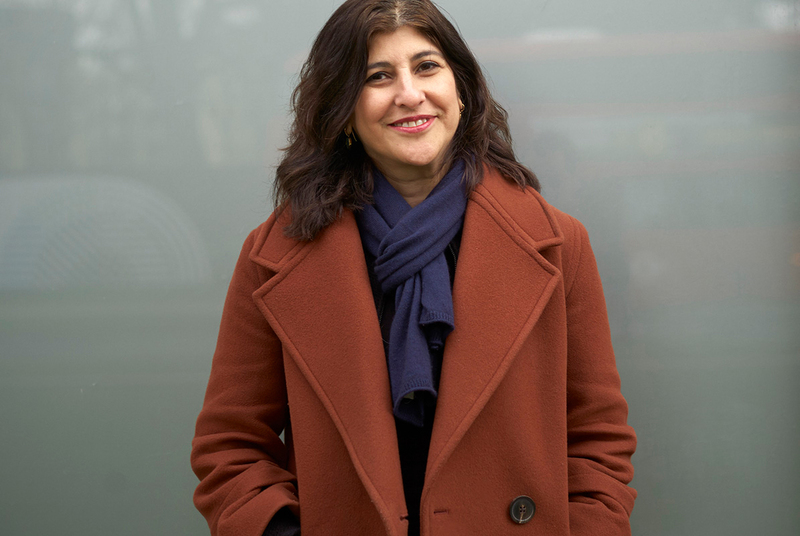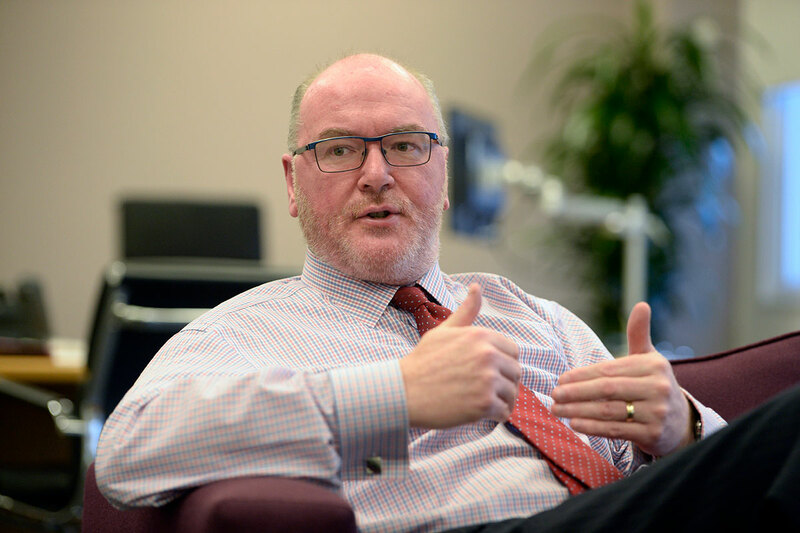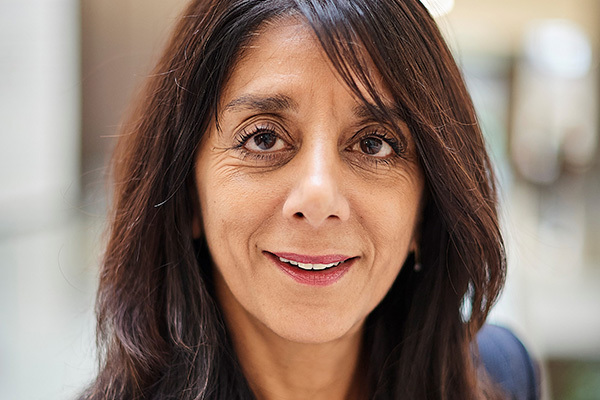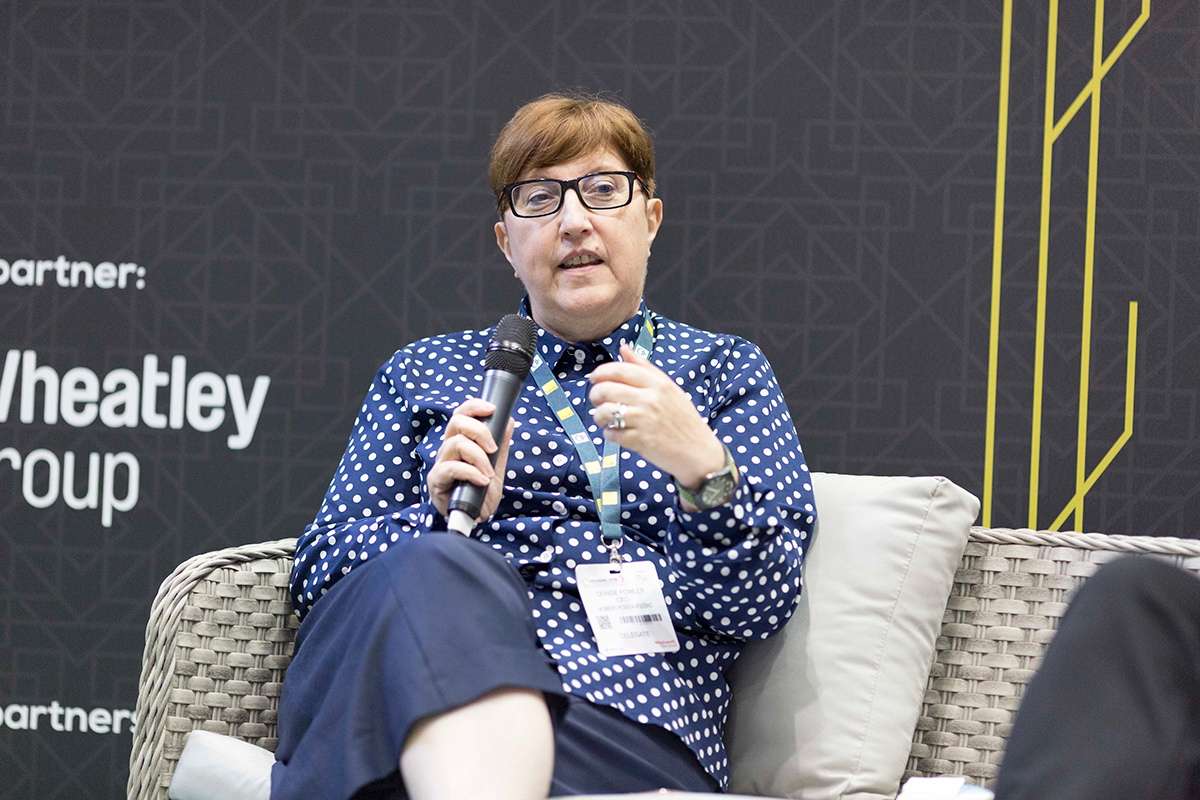You are viewing 1 of your 1 free articles
Discrimination survey: chief executives respond
Ten housing association chief executives respond to the findings of Inside Housing’s recent survey on discrimination in the sector
It has been two weeks since Inside Housing published its second exposé of discrimination in the housing workplace. The problem has been laid bare, but what do landlords need to do next?
Here, 10 chief executives of social landlords respond.
David Montague, chief executive of L&Q
Picture: Guzelian
“Inclusion is one of our key values at L&Q, but values need to be more than words on a corporate poster. George Floyd’s murder was a wake-up call to all of us and we have so much more to do.
“We pride ourselves on our inclusive culture, but we know we are not immune from some of the uglier things we see in society. We have a zero-tolerance policy on any form of bullying, harassment or discrimination to ensure we can deal appropriately with incidents. People at L&Q know that our zero-tolerance approach comes from the top, and that they have my backing, the backing of the executive group and the backing of the board.
“What we’re focusing on right now is supporting our people to feel confident in calling out any behaviour that doesn’t meet the high standards we set for ourselves. We are working with colleagues across the sector to make housing a place where discrimination has no home.”
Boris Worrall, chief executive of Rooftop Group
Picture: Dave Evitts
“I was absolutely appalled by the human stories and sobering statistics on discrimination in our sector. I cannot believe we are still here in 2020 and it has to change. I do think Brexit ‘normalised’ the expression of views, which I genuinely believed we had consigned to the dustbin of history.
“On a practical level, we need leaders at every level to be alive to this on a daily basis, keep talking about the importance of values and behaviours at every opportunity and, most of all, adopt a zero-tolerance approach to anything in this kind of space.
“This is no longer an issue of ignorance or education in my view; it’s about people’s core beliefs and attitudes, and there is no place in housing or society for these sort of views or behaviours.”
Kate Dodsworth, chief executive of Gateway Housing Association
“The experiences colleagues in the sector have bravely shared yet again demonstrate a deep-rooted problem with racism. As leaders, we need to do everything in our power to address it – from embracing the culture shift called for by the Leadership 2025 movement to taking personal responsibility for proportionate progression through the ranks.
“It’s not enough to deliver corporate statements and hope for the best. #BLM [Black Lives Matter] is not new. The people reporting issues – from microaggression to careers being held back – know this isn’t new.
“Those with any position of influence need to stop, listen and describe what they’re going to do differently to remove the blight of racism from society and our sector.”
Alan Brunt, chief executive of Bron Afon
Picture: Tom Wren/SWNS
“The depressing thing for me is that we still haven’t found ways to be comfortable talking about race. We still dance around the issue.
“I’m encouraged by the fact that younger people are more open about it and asking challenging questions. We need to come up with better answers.”
Clare Budden, chief executive of ClwydAlyn
“If we want to see lasting change, then that has to start with the culture of our organisations. These are issues that have become ingrained in our society. No tick-box exercises or hastily planned projects are going to unpick them. We must get to the roots of who we are and what we stand for and call out behaviour that doesn’t fit within that.
“We are on a journey but know we can do more – the past few months have brought that into focus for us. We want a culture where people can feel open about who they are and bring their whole selves to work.”
Geeta Nanda, chief executive of Metropolitan Thames Valley
Picture: Julian Anderson
“The experiences highlighted in the survey are deeply upsetting, but I know from my own experiences, and from what I hear, that we shouldn’t be surprised that this is the situation. While overt comments may be less common, the term ‘microaggressions’ is now part of our vocabulary and reminds us that while discrimination may not always be obvious to everyone, it can still be present.
“Black Lives Matter is not a moment in time, it is a movement, and we must play our part in it. That means making sure that people feel comfortable about talking about racism in our organisations, as well as sexism and all other forms of discrimination. It follows that we have to start the cultural competence journey in our workplaces. That requires leadership and for leaders to admit they may not know how to do this and that means they need help, too.
“What is required most of all is a commitment to tackle this, to keep going when it gets tough and understand that it won’t be solved overnight. Housing associations can be both competitive and collaborative organisations, so let’s compete at being the best at stamping this out and let’s collaborate on the journey to get there. As it is our collective success which will make us a sector to be proud of.”
Martin Armstrong, chief executive of Wheatley Group
Picture: James Chapelard/SWNS
“Discrimination comes in many forms – none acceptable and all to be confronted and crushed.
“Putting in place the appropriate policies is simply a starting point. Raising awareness and promoting respect are also important, but embracing diversity and embedding zero tolerance as bedrocks of an organisation’s culture is key.
“Since 2014, our ongoing ‘W.E. are Wheatley’ campaigns – supported and developed by our LGBT and BAME groups – have ensured everyone we work for and with understand what we stand for and against as an equal opportunity employer truly living by its values.”
Jitinder Takhar, chief executive of Homes for Lambeth
“The discrimination survey findings earlier this month made for uncomfortable reading. However, having been in this field for almost 30 years and knowing so many decent colleagues, I am hopeful that many of you, like me, will have been motivated to try and change the experience of those who have suffered discrimination.
“This isn’t rocket science, it’s just the behaviour we expect of ourselves – a sector that is committed to providing a service to those in need. Start the conversation, talk about the experiences of staff and residents. Yes, it is uncomfortable but it’s also the start of a new beginning. We’re talking about diversity, inclusion and equality in my organisation – openly.
“We’re also talking about difference and ‘belonging’. Our recent discussions travelled the length of race, gender, sexuality, age and experiences. We also opened ourselves to talking about mental health. People are different, they come from different backgrounds – not better or worse but different. This is an opportunity to change the narrative and to deal with the issue. This could be a pivotal moment for housing and who wouldn’t want that?”
Dilip Kavi, chief executive of PA Housing
“Developing organisational cultures in which everybody knows that discrimination in any form is unacceptable, means that incidents like those reported by respondents to Inside Housing’s survey will become far less commonplace.
“Recently PA won the Housing Heroes Award for ‘equality, diversity and inclusion team of the year’, for the work of our internal equality, diversity and inclusivity advisory group, which involves staff members from across our organisation working together to ensure PA is a welcoming place for everybody. The group has frank and open discussions about issues that extend far beyond PA, but these conversations enable us to recognise how we can and must play our part in tackling discrimination.
“We still have more to do, but we’re making significant steps forward with our new corporate plan, which is due to launch later this month, and includes a commitment to increasing the number of BAME staff in senior positions at PA.”
Denise Fowler, chief executive of Women’s Pioneer Housing
Picture: Guzelian
“This survey is unsurprising. Anyone who has experienced discrimination knows how deeply rooted it is in our society. The housing sector is not an exception to society as a whole.
“As leaders, we need to educate and challenge ourselves. We need to be open to criticism and challenge. This isn’t just about some individuals having obnoxious attitudes, although challenging discriminatory language and behaviour is an essential first step to changing organisational culture. We also need to recognise the impact of structural inequality.
“Too often, equality, diversity and inclusion frameworks are about ‘assimilation’ rather than inclusion, ie bringing people into the dominant culture rather than changing it. The dominant culture in housing is still white, middle-class and male. Changing this requires a long, hard, sustained effort.
“This survey shows the damaging impact of trying to operate in a discriminatory culture. If people present as ‘chippy’, we need to understand that this can be a defence mechanism built over years of feeling under-valued and unheard. I know I have been ‘chippy’ in the past when I’ve worked in misogynistic and homophobic work cultures. Now, as a white woman in a position of power in my organisation, I need to constantly check my own privilege, ensure that all staff are being heard and that challenges are acted upon.
“We all need to be proactive and ensure that we review all our policies and procedures from an intersectional equalities perspective. We need to recruit in a way which values transferrable skills and ability, not just ‘experience’. We need to nurture and support under-valued talent in our organisations. We need to put in the hard work required to make change. We must never think that this is ‘done’.”
